Slowing The Plunder of Madagascar’s Fish Stocks

The coastline of Madagascar, the world’s fourth largest island, is about 4,800km, providing it with an exclusive economic zone (EEZ) of more than 1.2 million square kilometres, but the government has no capacity to patrol, police or monitor its vast maritime asset.
Sharks, Victims or Perpetrators?
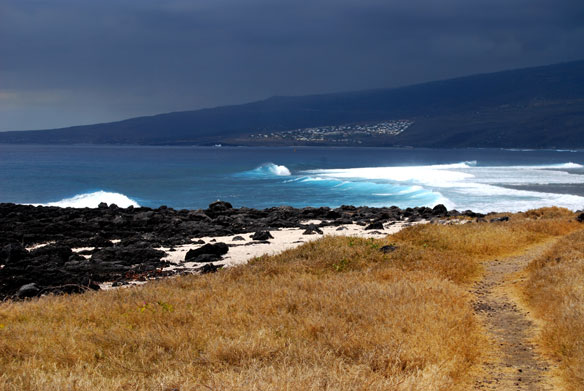
When it comes to humans and sharks, who is predator and who is prey? And what lessons need to be learned when people venture into environments where they are exposed to dangers posed by wildlife?
Rare Sea Turtles Eating Plastic At Record Rate
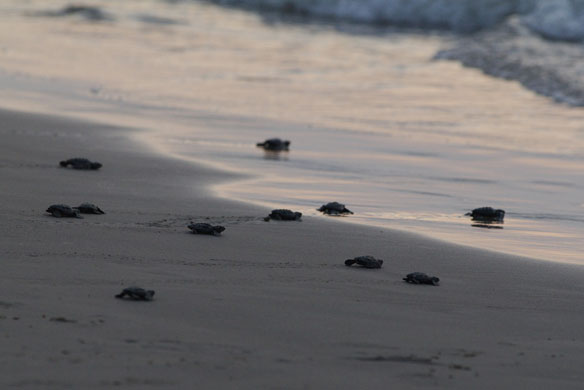
Sea turtles around the world are eating plastic at an unprecedented pace, a new study reveals, with some species downing twice as much as they did 25 years ago. This indigestible, potentially fatal diet is especially popular among young turtles…
Sea Otters: Combat Water Pollution And Promote Recovery of Seagrass Beds
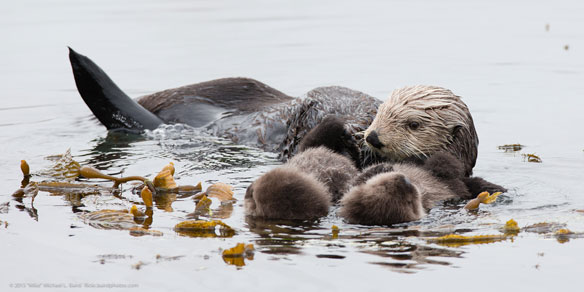
Seagrass meadows, which provide coastal protection and important habitat for fish, are declining worldwide, partly because of excessive nutrients entering coastal waters in runoff from farms and urban areas. Scientists studying the decline and recovery of seagrass beds in one of California’s largest estuaries have found that recolonization of the estuary by sea otters was a crucial factor in the seagrass comeback.
Rising Ocean Acidity Will Exacerbate Global Warming
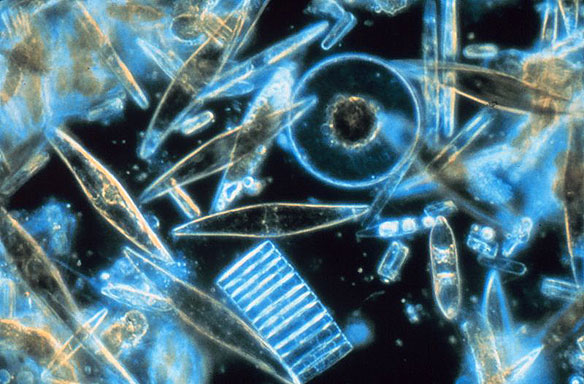
The slow and inexorable increase in the oceans’ acidity as they soak up carbon dioxide from the atmosphere could itself have an effect on climate and amplify global warming, according to a new study.
U.S. Declares Unusual Mortality Event As Dolphin Deaths Rise
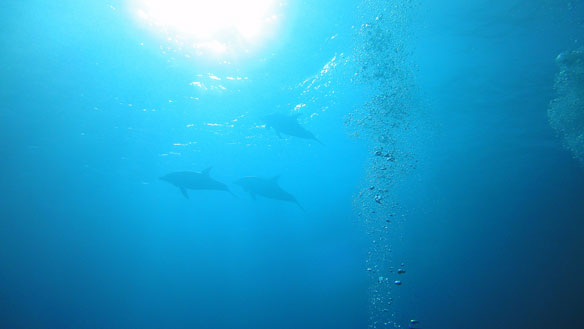
Federal scientists investigating an unusually high number of dead bottlenose dolphins washing up on the East Coast said the carcasses are showing up at a rate that is seven times higher than usual.
NOAA Report Highlights Climate Change Threats To Nation’s Estuaries
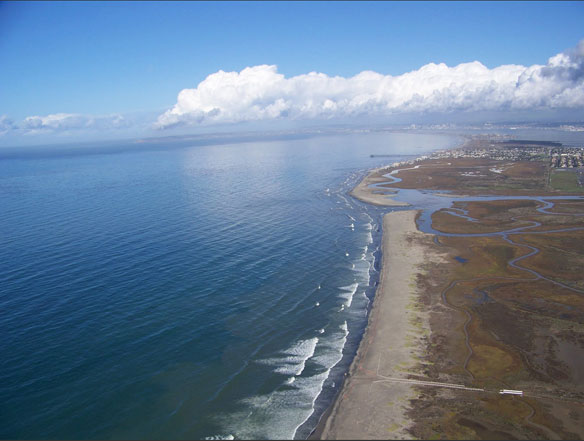
The nation’s 28 National Estuarine Research Reserves (NERR) are experiencing the negative effects of human and climate-related stressors. Almost 40 percent of all Americans, or about 123 million people, live in the counties directly along the shoreline and depend on these resources for food, jobs, storm protection, and recreation.
Disappearance Of Coral Reefs, Drastically Altered Marine Food Web On the Horizon
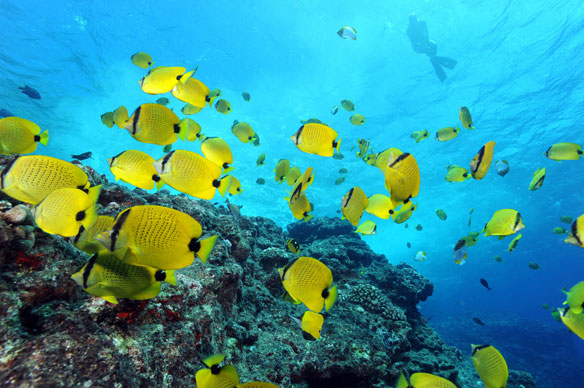
If history’s closest analog is any indication, the look of the oceans will change drastically in the future as the coming greenhouse world alters marine food webs and gives certain species advantages over others.
Starved polar bear perished due to record sea-ice melt, says expert
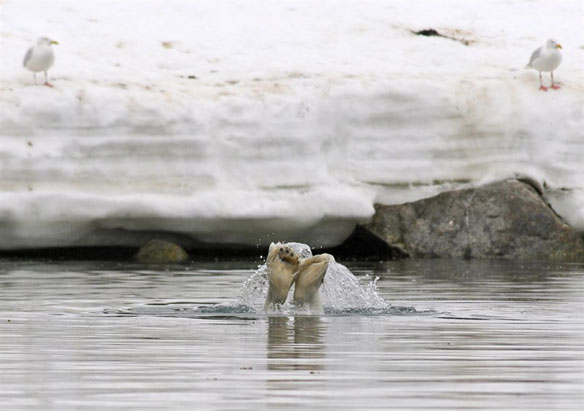
Climate change has reduced ice in the Arctic to record lows in the past year, forcing animals to range further in search of food
